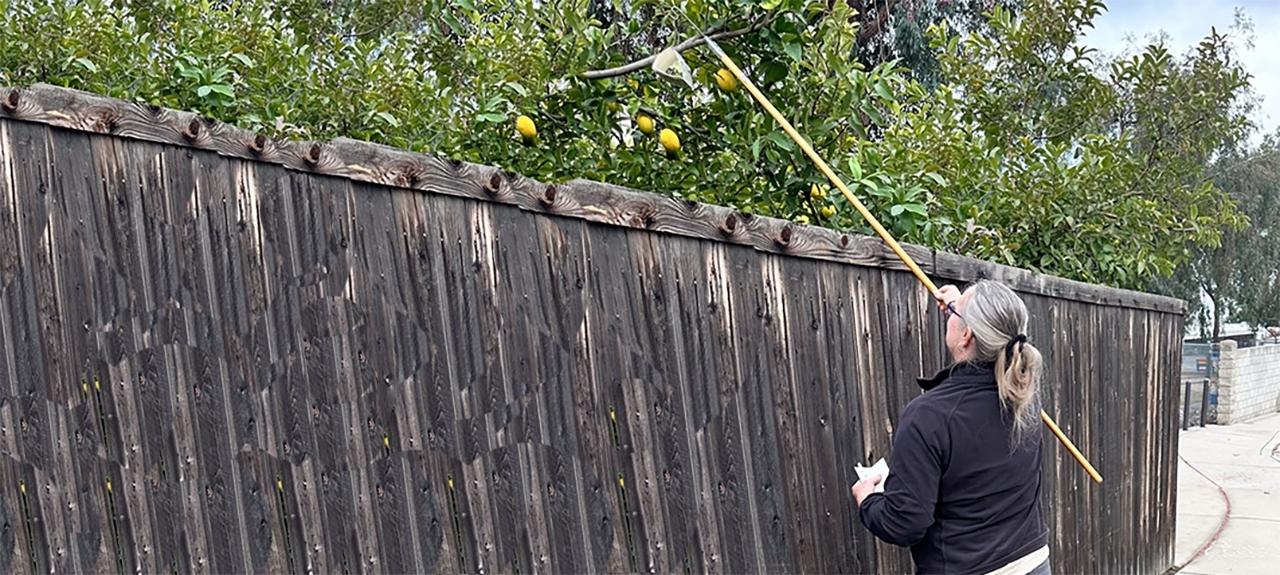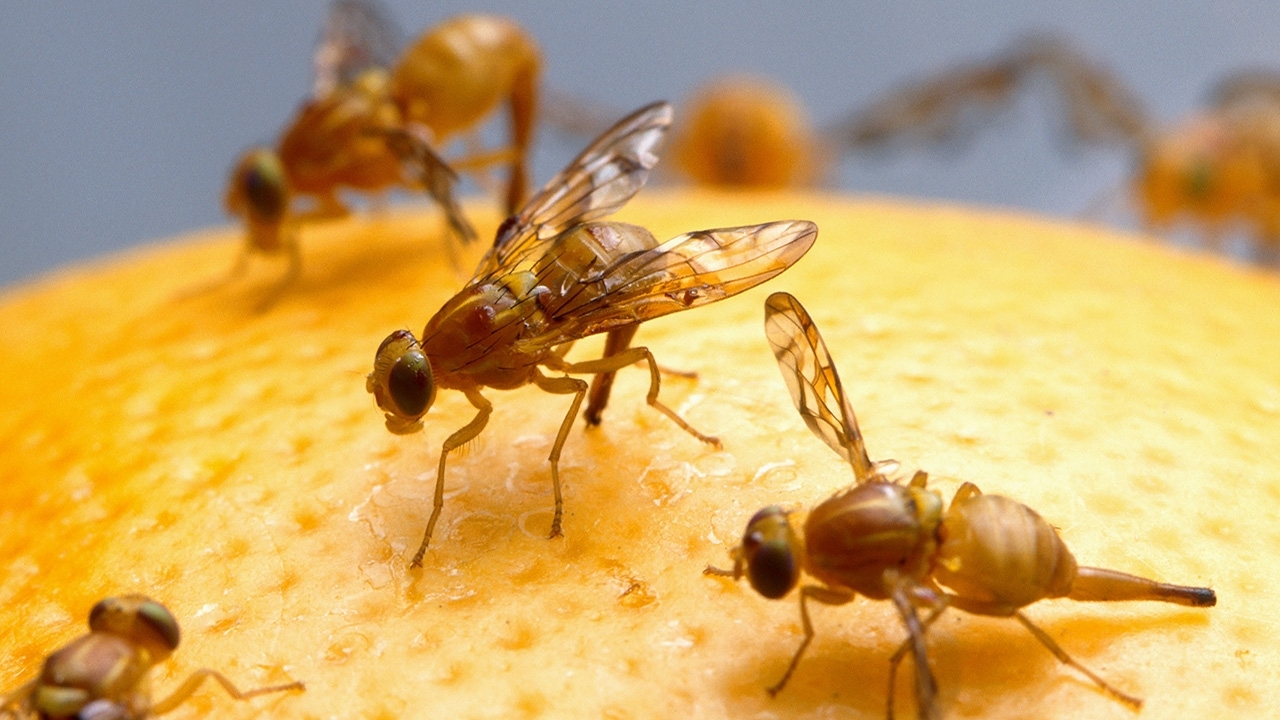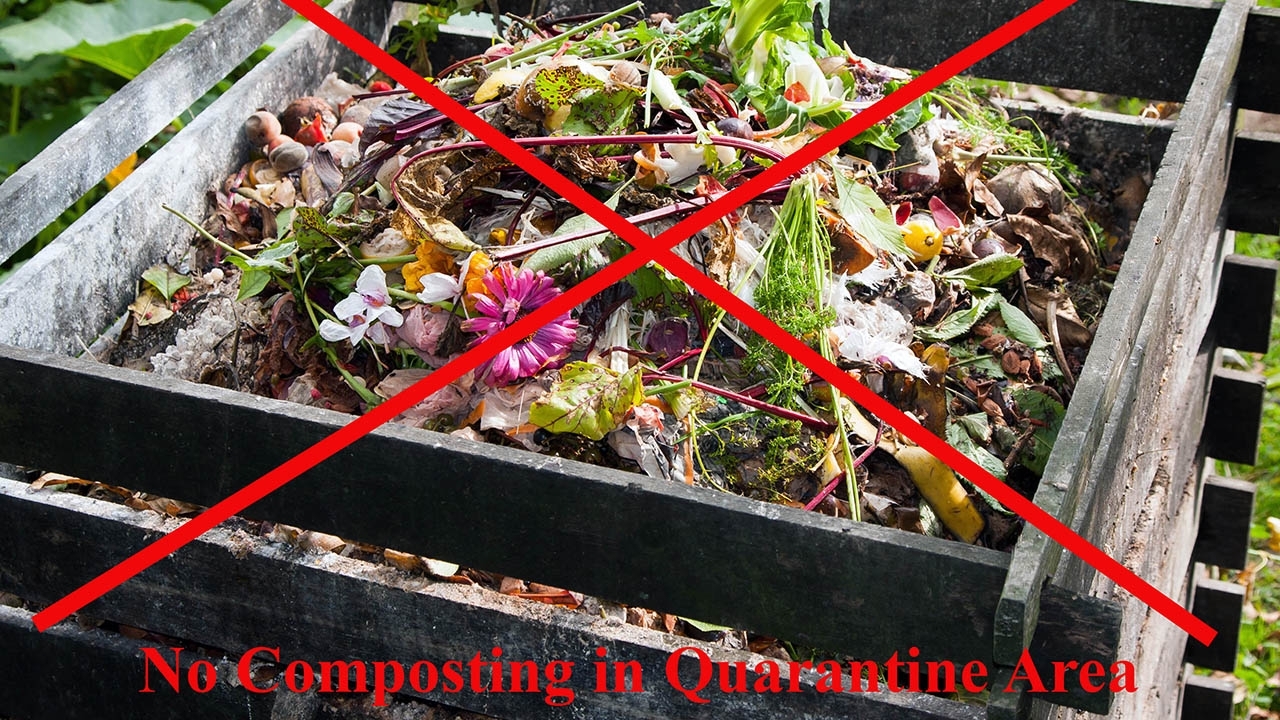APHIS in Action: Battling Bad Bugs: How APHIS is Saving Your Favorite Fruits and Veggies!

Since 2023, APHIS has been stepping up its fight against a surge of invasive fruit fly species. APHIS has teamed up with agricultural officials in Texas and California to combat the threat. They are also working with scientists who rear sterile Mediterranean and Mexican fruit flies to disrupt the pest’s ability to reproduce. And researchers are working to develop other pest management tools. The massive effort has spanned seven counties in California and five counties in Texas and aims to protect the fruits and veggies we love—from sweet oranges to carve-worthy pumpkins.
APHIS and state officials have been in an all-out-effort to eradicate five introduced species: the Oriental, Tau, Mexican, Queensland, and Mediterranean fruit flies.

APHIS and the California Department of Food and Agriculture have declared some major wins, wiping out the Tau and Mexican fruit flies in California and reducing several other fruit fly quarantine areas.
“Most people, when you think of fruit flies, you’re thinking of something much smaller. These fruit flies are almost as big as a house fly, and if they are not controlled, they are devastating to fruit,” said Richard Johnson, APHIS National Policy Manager.

Fruit flies can damage over 400 types of produce, and they don’t just stick to farms—they will invade your backyard garden, including your compost pile. Composting is not allowed in quarantine areas because it attracts and feeds fruit flies, making it harder to eradicate the invasive species.
To curb the threat, agricultural officials have been hard at work checking fruit trees and vegetable gardens in residential areas and commercial properties to stop these invasive pests from spreading and to treat them where they are found. In July, portions of Riverside and Contra Costa Counties in California, including cities like Jurupa Valley, Moreno Valley, Riverside, and Brentwood, were freed from the Oriental fruit fly quarantine. This lifted 288 square miles and 5,639 acres of commercial agriculture from restrictions. Texas is also starting to turn the tide against the Mexican fruit fly.
But there’s still work to be done and help from the community is vital. How can you help? Johnson shared the following tips:
- Declare any agricultural products when entering the U.S. from another country to prevent new infestations.
- If you live in a quarantine area, let officials access your property for inspections and treatments.
- Don’t move or mail homegrown fruit within or from quarantined areas.
- Check local guidelines before shipping agricultural goods.
- Double bag and dispose of fallen fruit quickly, and don’t compost it in quarantine zones.
- Report any maggots in your fruit or damaged traps to local agricultural authorities.

The invasive fruit fly eradications in California demonstrate that by working together, we can win this battle and protect our gardens, farms, and favorite foods from these invasive pests.
#
#
USDA is an equal opportunity provider, employer, and lender.

